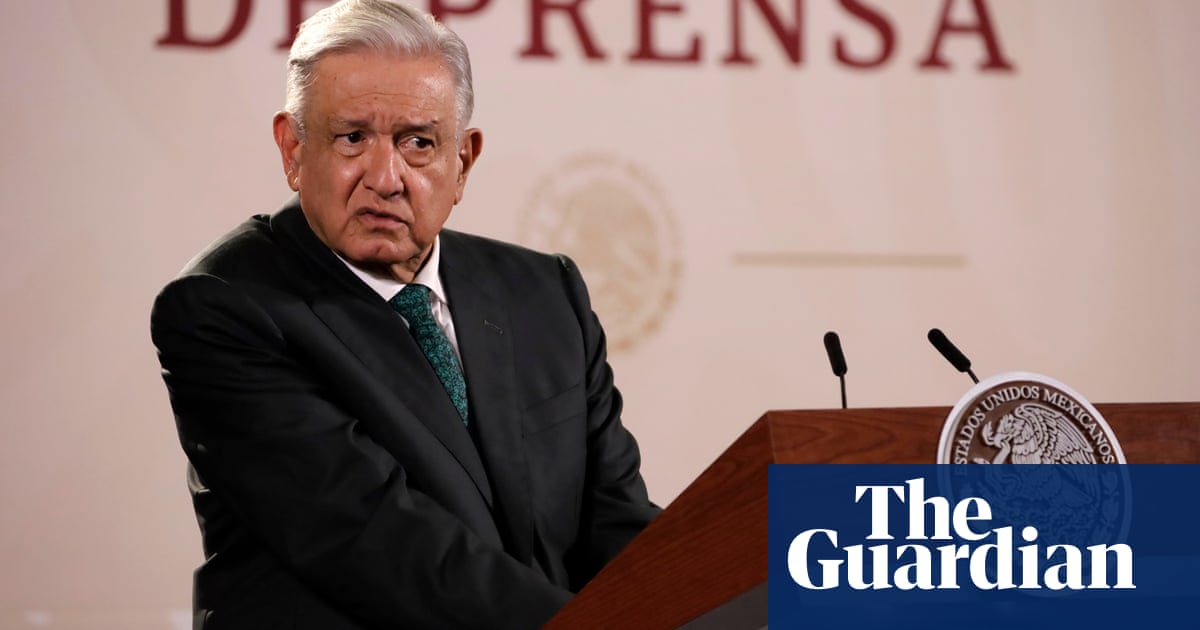
DELIVERED BY
Volker Türk, United Nations High Commissioner for Human Rights
AT
56th Session of the Human Rights Council - Annual full-day discussion on the human rights of women: Economic violence as a form of gender-based violence against women and girls
Madame Vice-President,
Excellencies,
Distinguished delegates,
We owe the women’s rights movement some of the most extraordinary progress in human rights of our generation. And it is important to honour and celebrate this progress.
Yet the very fact we are here today, to discuss the persistent scourge of gender-based violence in one of its insidious forms, shows that progress is both hard won, and fragile.
At its simplest, violence against women and girls is an egregious expression of power domination and patriarchy indeed. It is a blunt roadblock to gender equality and the ultimate benefits that this can bring everyone, including greater development and peace.
Gender-based violence persists because of pervasive cultures of toxic masculinity and misogyny. It is not specific to cultures, or regions, or religions. It is widespread, fuelled by centuries-old mindsets and practices that are still dangerously prevalent, almost everywhere.
Any form of gender-based violence is a form of overt control over women and girls.
To perpetuate their subordination.
To stereotype, degrade, coerce, and humiliate.
To deny them freedom, and strip them of agency to make decisions.
Today, regardless of income or background, all women and girls live with the threat of gender-based violence.
Almost one in three women have been subjected to some form of it at least once in their life, be that physical, sexual, psychological or economic.
One in three. If one in three men globally were subject to such devastating and pervasive harm, we would be convening an emergency summit.
Madame Vice-President,
Turning to this panel’s theme, I am reminded of feminist author Caroline Criado Pérez’s words: “There is no such thing as a woman who doesn’t work. There is only a woman who isn’t paid for her work.”
Economic violence against women and girls is one of the forms of gender-based violence that even today too often goes unseen, and unregulated.
But while it may not manifest in bruises and wounds, it can be just as harmful as physical violence, trapping women and girls in cycles of denigration and inequality.
Economic control. Economic sabotage. Economic exploitation. These are the three forms of economic violence playing out all around the world.
Restricting a woman’s access to money and assets. Tracking her spending. Ensuring she cannot open a bank account, or make financial decisions. Preventing her from seeking employment, or going to school. Taking her wages, or her pension. Accruing debt under her name.
In all its forms, economic violence is facilitated by archaic gender norms that consider men the financial decision makers.
In all its forms, women are stifled, and blocked from living a life of autonomy.
We know that economic violence most commonly occurs in the home, and often interconnects with physical or sexual violence. But it can also be enabled, even perpetrated by the State through discriminatory legal frameworks which restrict women’s access to credit, employment, social protection, or property and land rights.
Madame Vice-President,
The world is failing to deliver on the promise of gender equality. Failing to put in place the measures needed to ensure half of humanity enjoy their fundamental rights and freedoms.
The numbers paint a startling picture. Some 3.9 billion women worldwide face legal barriers affecting their economic participation. Women earn just 77 cents for every dollar paid to men. Ninety-two countries lack provisions mandating equal pay for work of equal value. The wealth gap between women and men globally stands at a staggering 100 trillion USD.
Women’s equality lies at the core of all human rights, of human dignity and of our collective future.
To put a stop to economic violence, and proactively to ensure economic equity, we need a complete overhaul of discriminatory laws and practices. Gender equality needs to be positively fostered through laws governing all areas of life – economic, public and political.
And we need policy measures to ensure that these laws are actually applied in practice.
Policy measures that protect and empower women’s economic, social and cultural rights. Access to decent work, including equal pay for work of equal value. Quality education that promotes human rights, gender equality and respect. The full realization of sexual and reproductive health and rights. Equal property ownership. Equal access to and control over financial resources. Shared childcare responsibilities and adequate childcare options. And above all, choice and opportunity to define one’s own life.
Where economic violence occurs, we must make stronger efforts to ensure survivors can seek justice and remedy.
We need better complaint mechanisms. Better economic and social support systems. Better and more widely available psychological assistance.
And, importantly, perpetrators must be brought to justice.
Madame Vice-President,
Violence against women and girls – in all its forms – is abhorrent and inexcusable. It prevents their full and equal participation in society, suffocating their potential, and stealing choice and opportunity.
Today’s discussion is a pivotal moment for us to reflect on how to take tangible action to put a stop to it.
Thank you.










